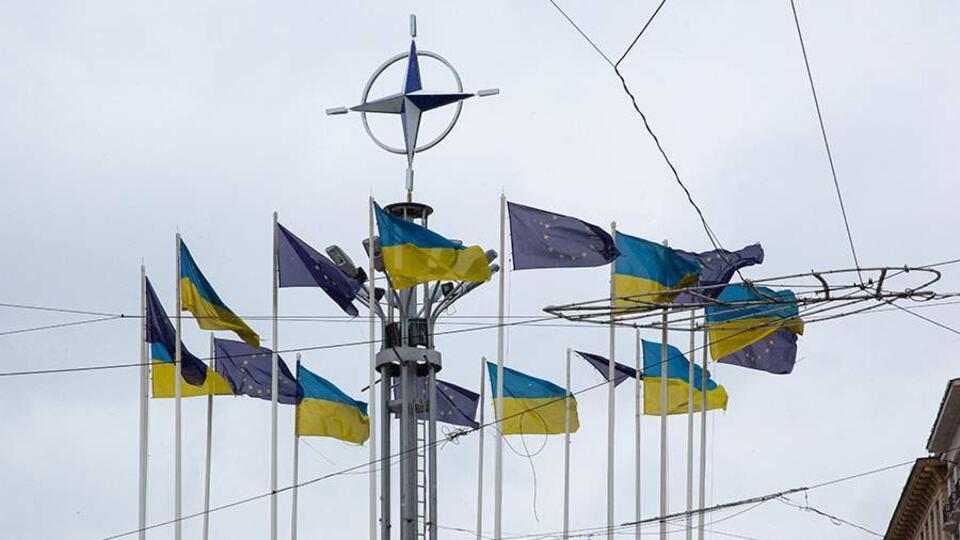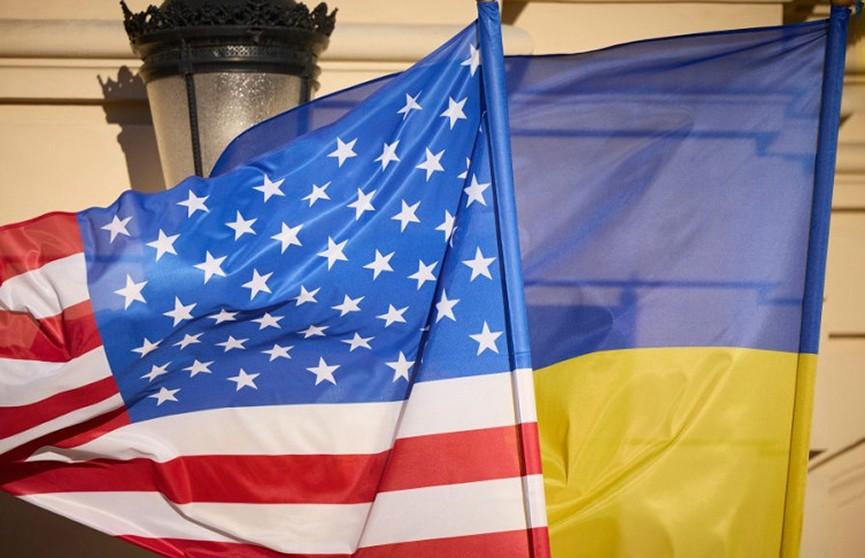Debates and divisions over Ukraine's NATO membership Summit fallout
Amidst the NATO summit in Washington held on July 9-11, several subdued tones emerged at a conference organized by the Cato Institute and The American Conservative journal, coinciding with the forum's commencement. Additionally, thoughts expressed in an open letter by professors from some leading American universities, published on July 8 in The Guardian under the title "NATO Alliance Should Not Invite Ukraine to Become a Member Organization," received relatively little attention.
Caliber.Az presented analytical discussions on several nuances that occurred within and around the summit, drawing attention to specific contradictory moments. Familiarity with the sentiments expressed at the conference and in the open letter allows us to speculate, to some extent, on one of the reasons behind these contradictions. The lack of unity in the American intellectual elite regarding current affairs seems conspicuously apparent. However, let's address everything in order.
First and foremost, the conference featured quite candid discussions about the need to reformulate NATO, particularly in the context of the alliance's stance on developments in the Russia-Ukraine field. Participants didn't hesitate to note that "comparisons of GDP, human, and military-technical potential between NATO armed forces and Russia demonstrate the indisputable advantage of the North Atlantic Alliance, possessing all the capabilities to achieve victory in a direct military conflict" (Barry Posen, political science professor at the Massachusetts Institute of Technology).

Simultaneously, participants seemingly contrasted the United States and Europe within the context of NATO: "The US finds it easier to compel European countries to increase defence spending when they face external threats, as is the case today. In other periods, they shy away from such increases. Therefore, among the principal tools of pressure from the US are a combination of rewards and threats, alternating assurances of defence steadfastness with threats to cease military patronage" (Brian Blankenship, University of Miami professor). Yet, there was also the notion that when some European states "sharply accelerate their own defense capabilities, there is an almost panicked reaction from across the ocean." Washington "assumes its strategic leadership in the military sphere is unshakable, whether within NATO or beyond"; "advocates favoring American defense contractors by lobbying for the placement of defense orders"; and "regards with jealousy independent technological projects of the European Union with other countries." "Such dictates from the U.S. are a regularity in relations with Europe" (Linde Desmaël, political scientist from the Massachusetts Institute of Technology).
In this context, it was emphasised that "the idea of distancing from Europe with its concerns and problems still somehow remains radical and marginal." However, in 1951, Dwight Eisenhower (NATO's then-time Supreme Allied Commander, future US President) asserted that "there should not be American soldiers left in Europe in 10 years" (Justin Logan, Director of Defense and Foreign Policy Studies at the Cato Institute).
It was also noted that "in declaring NATO in 1949 as a shield for Europe and the main political goal of defending democracy, the US had no intention of leaving its troops there forever." However, this did not happen, and as such, "NATO as a project does not justify itself" (Mark Trachtenberg, honorary professor at the University of California, Los Angeles).
On this note, a rather intriguing perspective emerges. It's quite symptomatic that Trachtenberg, along with several conference participants including some of those quoted above, were among the signatories of the open letter published on July 8, a day before the summit's opening, in The Guardian titled "NATO Alliance Should Not Invite Ukraine to Become a Member Organization."
As noted in the letter signed by 63 authoritative figures, "any step toward Ukraine becoming a NATO member would be unwise." Especially since, according to the White House administration, "US security and prosperity are not so greatly affected by the current war as to justify direct military intervention by the US".

The letter also emphasized that "both Biden and Trump warned of the danger of the Russia-Ukraine conflict escalating into World War III," in light of which the U.S. "should not undertake an obligation to fight against Russia over Ukraine." And in the event of Ukraine joining NATO, "Moscow would have grounds to doubt the reliability of security guarantees from this structure, providing the Kremlin an opportunity to test and potentially dismantle the alliance. The result of which implies the inevitability of direct war between NATO and Russia or the dissolution of the organization."
On the other hand, the signatories acknowledged that the prolonged discussion of Ukraine's NATO membership "does a disservice to Ukrainians." The closer NATO promises that Ukraine will join the alliance after the war, "the more incentives Russia has to continue military actions to prevent Kyiv's integration into NATO." Therefore, Ukraine "faces an extremely difficult choice that affects its future." But "the Ukrainian people deserve to see all options not through rose-coloured glasses supported by outsiders but with a clear vision." Only this will allow "Ukrainians to understand that Kyiv's advancement towards NATO membership could turn Ukraine into a site of prolonged confrontation between the world's two leading nuclear powers." Moreover, "Ukraine's accession to NATO will reduce U.S. and alliance security" (1).
Certainly, the above is sufficient to understand at least one of the reasons why practically all provisions outlined in the declaration adopted by the recent NATO summit in Washington appeared somewhat half-hearted (some observers assessed them as incomplete). It is quite apparent that not all of the US intellectual elite wholeheartedly supports continued assistance to Ukraine. Considering Donald Trump's well-known position on this issue, Democrats cannot ignore the sentiments of a significant number of representatives of US society.
Hence, it is advisable to consider this softened formulation in the final document of the latest NATO summit for understanding.
Teymur Atayev, specially for Caliber.Az
The views and opinions expressed by guest columnists in their articles may differ from the editorial board's position and do not always reflect its views.








